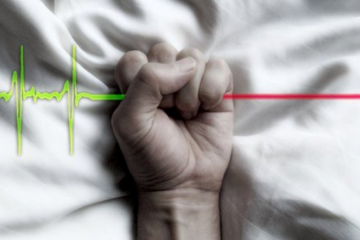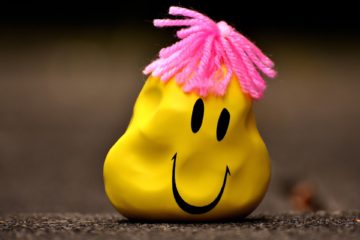Bipolar Disorder
Dealing with Bipolar Disorder
Over the last number of years, I hear more and more people identify themselves as bipolar. Many have been diagnosed with this disorderby psychiatrists and as a result carry the label around their neck as a chaindescribing their up-and-down emotional condition. Bipolar disorder used to be called manicdepressive, but it was relabeled a few years ago. Today, nearly anyone who feels up sometimesand down at other times is labeled as bipolar. In some ways, this is just part of the human condition; there is anatural up and down emotional cycle inherent in the body. In other ways, emotional highs and lows canbe exaggerated in some people for various reasons.
It is important to recognize that the majority of medication prescribed today is intended to treat the symptomsand not the problem. If a person goesinto a facility because of depression, doctors will medicate them to alleviatethe perceived symptoms, but this does not get to the root of the problem of whythis person feels down. The idea that weare chemically imbalanced is somewhat misleading. There is no chemical test that can be run toidentify depression or anxiety, though we know that there are certain chemicalsreleased during these times that contribute to those feelings; why our bodies releasethese chemicals is the bigger question. Is it a truly physiological issue such as a damaged organ or gland, oris it more of a reaction to other stimuli?
I am certain that the answer you get will depend on who you are asking and what vested interest they have. A doctor who must answer to a board orhospital must work according to the requirements of their employer and withinthe confines of health insurance requirements in order to receive payment for their services. Often there is pressure for doctors to cometo a quick diagnosis and launch a treatment quickly that will produceobservable results. However, is that inthe best interest of the individual? Isit possible that the issues we face have a deeper relationship to our spiritualcondition than just our chemical balance? I submit that this is exactly the truth. I am not saying that someone cannot have a genuine physiological problembecause of an actual physical sickness, or because of the removal of an organor gland for some legitimate reason, the chemicals must now be replaced in anartificial manner. I am saying thatthese cases are rare, and the use of chemicals to treat people whose bodiesotherwise function properly is not the best way to deal with feelings. It is more akin to manipulation than it ismedicine.


